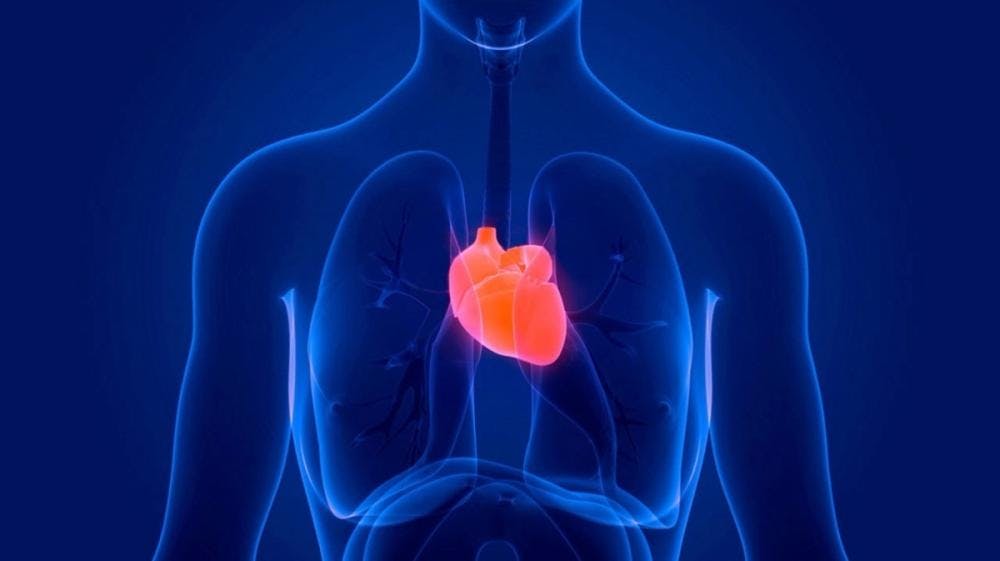7 Simple Steps to Improve Your Cardiovascular Health

.
7 Simple Steps to Improve Your Cardiovascular Health
Cardiovascular health is essential for a long and healthy life. Unfortunately, many people don’t take the necessary steps to ensure their heart is in good condition. Fortunately, there are some simple steps you can take to improve your cardiovascular health and reduce your risk of heart disease. Here are seven easy ways to get started:
1. Exercise Regularly
Regular exercise is one of the best things you can do for your cardiovascular health. It helps strengthen your heart muscle, lowers blood pressure, and reduces cholesterol levels. Aim for at least 30 minutes of moderate-intensity physical activity five days a week. This could include walking, jogging, swimming, or cycling. If you’re new to exercise, start slowly and gradually increase the intensity and duration of your workouts over time.
2. Eat a Healthy Diet
Eating a healthy diet is also important for maintaining good cardiovascular health. Focus on eating plenty of fruits and vegetables, whole grains, lean proteins, and healthy fats like olive oil or avocado. Avoid processed foods that are high in sugar, salt, and unhealthy fats like trans fats or saturated fats. Eating a balanced diet will help keep your cholesterol levels in check and reduce your risk of heart disease.
3. Quit Smoking
Smoking is one of the worst things you can do for your cardiovascular health. It increases your risk of developing coronary artery disease (CAD), stroke, and other serious conditions like peripheral artery disease (PAD). If you smoke cigarettes or use other tobacco products like cigars or pipes, quitting now can help reduce your risk of developing these conditions in the future.
4. Manage Stress Levels
Long-term stress can have a negative impact on your cardiovascular health by increasing blood pressure levels and damaging the arteries over time. To reduce stress levels try activities such as yoga or meditation that help relax both body and mind. You could also try talking to friends or family members about any worries or concerns you may have as this can be an effective way to manage stress levels too!
5 . Get Enough Sleep
Getting enough sleep is essential for maintaining good cardiovascular health as it helps regulate hormones that control blood pressure levels such as cortisol and adrenaline . Aim for at least seven hours per night but if possible try to get eight hours per night as this will help keep stress levels low which in turn will help keep blood pressure levels low too!
6 . Monitor Blood Pressure Levels Regularly
High blood pressure (hypertension) is one of the leading causes of heart disease so it’s important to monitor it regularly with either an at-home device or by visiting your doctor’s office every few months . If you find that your blood pressure readings are consistently high then speak with your doctor about lifestyle changes such as reducing salt intake , exercising more often , quitting smoking , etc., that may help lower them back down again .
7 . Take Supplements
Taking supplements such as omega-3 fatty acids , CoQ10 , magnesium , vitamin D3 , etc., can also help improve cardiovascular health by reducing inflammation , lowering cholesterol levels , improving circulation , etc., so speak with a healthcare professional about which ones might be right for you !

